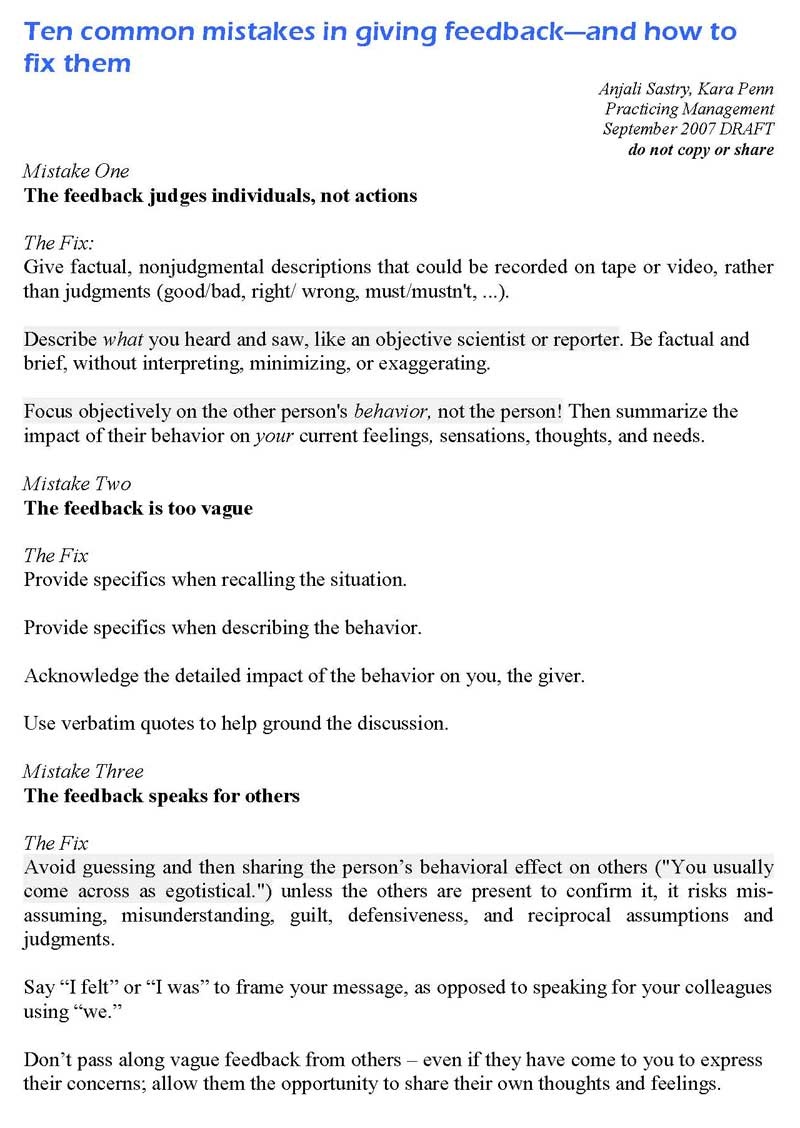
Title: The Trap of Belief Superiority: How the Notion of Always Being Right Can Hinder Your Progress
Many individuals have met – or possibly embodied – that person who maintains that their viewpoint on a subject is not merely valid, but superior to all others. They often monopolize conversations, dismiss others’ opinions outright, and appear entirely assured of their intellectual superiority. Although confidence can be commendable, when it morphs into “belief superiority,” emerging studies reveal that it may turn into a significant cognitive pitfall.
In a study analyzed for the British Psychological Society’s Research Digest, psychologists Michael Hall and Kaitlin Raimi explore the idea of “belief superiority” – the belief that not only is one’s own belief accurate, but that other differing beliefs are fundamentally flawed or inferior.
What Is Belief Superiority?
Belief superiority manifests as a social-cognitive bias in which individuals perceive their opinions as more valid, precise, or knowledgeable compared to others’. It diverges in pivotal ways from merely holding strong convictions or confidence. Instead, belief superiority suggests a moral or intellectual advantage. For instance, someone who exhibits belief superiority regarding a political matter doesn’t merely think they are right—they believe that others are incorrect, misguided, or misinformed.
This research enriches our grasp of self-perception and ignorance, as it intersects with a more recognized psychological phenomenon: the Dunning–Kruger effect. The Dunning–Kruger effect posits that individuals lacking competence in a particular area often exhibit overconfidence regarding their abilities, primarily because they do not possess the knowledge to acknowledge their own shortcomings.
How Belief Superiority Fuels Overconfidence
What Hall and Raimi uncovered adds an interesting twist to this concept: overconfidence is not solely born from ignorance—it can be amplified by belief superiority. In a set of experiments published in the Journal of Experimental Social Psychology, the researchers detected that individuals exhibiting high belief superiority were especially inclined to overrate their knowledge concerning a certain topic.
In subjects such as climate change or childhood vaccinations, participants completed surveys identifying their beliefs and confidence levels. Subsequently, they were evaluated on their actual knowledge of the topics. Significantly, those claiming high belief superiority in an area—like considering their stance on GMOs to be superior to that of others—were also likely to overestimate their knowledge.
Furthermore, those with a belief superiority mindset were less inclined to pursue information that might challenge their opinions. When presented with opportunities to read articles from divergent perspectives or investigate new information, these individuals were considerably less willing to engage with materials that might encourage them to reconsider their beliefs. Essentially, the stronger their conviction that others were incorrect, the less receptive they were to acquiring new information.
The Consequences of Overestimating What You Know
This psychological trend poses troubling ramifications for personal development, public dialogue, and even policy discussions. If those most fervently convinced of their correctness are also the least informed and the least eager to learn, it cultivates narrow-mindedness and division.
In fields like science, education, and politics—where grasping complex and nuanced viewpoints is critical—belief superiority may cause individuals to disregard evidence, fail to acknowledge valid counterarguments, and feel unjustly secure in their choices.
For example, a person who is adamantly sure of their stance on climate change (whether supportive or opposing) may not only possess less knowledge than they assume, but also intentionally sidestep data or conversations that could necessitate a revision of that knowledge.
The Path Forward: Cultivating Intellectual Humility
Countering belief superiority begins with fostering intellectual humility—acknowledging that one’s beliefs may be flawed and being open to considering fresh evidence. Being assured in your beliefs is not inherently detrimental, but when belief transforms into superiority, it can stifle curiosity and create blind spots.
Psychological openness, attentive listening, and habits of verifying through credible sources are vital for cultivating a more accurate view of complex issues. One effective way to self-assess is to periodically ask: “What evidence might lead me to change my viewpoint?” or “What insights could someone with an alternate perspective offer that I am unaware of?”
Conclusion
The research conducted by Hall and Raimi warns against the enticing mirage of absolute correctness. While it may be gratifying to think you possess the best perspective in a discussion, genuine growth and informed decision-making stem from maintaining curiosity, questioning your assumptions, and keeping an open mind.
The next time you find yourself thoroughly convinced of your correctness, consider this: perhaps the most insightful individuals are those who are most conscious of their own limitations.
Further Reading:
– Research Digest summary: Individuals who perceive their opinions as superior to others are most likely to overestimate their relevant knowledge and overlook opportunities for further learning.
– Original journal article by Michael Hall and Kaitlin Raimi in the Journal of Experimental Social Psychology
– Dunning–Kruger effect explained: Wikipedia entry
By embracing humility over superiority, we may collectively inch closer to the truth—and perhaps even discover something new.